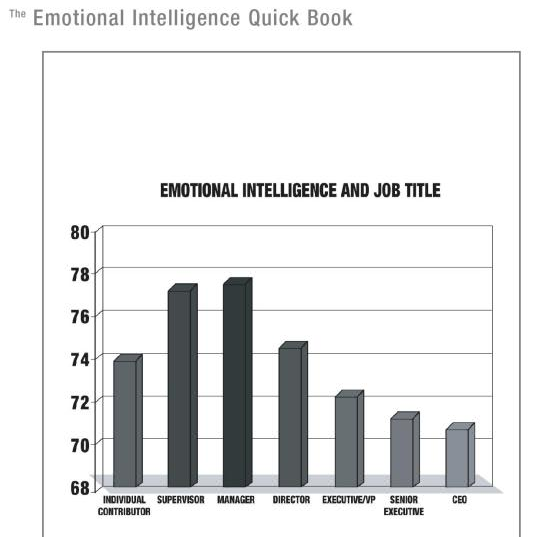The [[37Signals]] Getting Real book is now available free online as well as in PDF and paperback formats. With a focus on building web apps, it’s a great perspective on using an agile/craft way of working. It’s also a clever publishing strategy, analogous to the traditional hardcover/paperback progression:
- Test and then build crazy excitement around the point of view
- Publish a PDF version inexpensively and sell tens of thousands of copies
- Release a paperback to capture additional market share (in time for the holidays!)
- Release a free HTML version that also serves as a marketing vehicle for their other products
Not too shabby.
